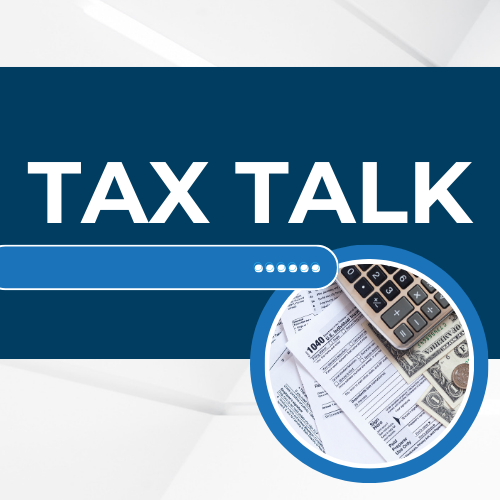Contributing to a Tax-Deferred Retirement Account
Building Financial Security: The Tax Benefits of Contributing to a Tax-Deferred Retirement Account

Saving for retirement is a cornerstone of financial planning, and contributing to tax-deferred retirement accounts offers a powerful way to build a secure financial future. There are also significant tax benefits associated with contributing to tax-deferred retirement accounts:
Tax-Deferred Growth:
One of the primary advantages of contributing to a tax-deferred retirement account, such as a Traditional IRA or 401(k), is the opportunity for tax-deferred growth. This means that the earnings on your contributions can grow without being subject to annual taxation. This compounding effect can significantly boost the overall value of your retirement savings over time.
Immediate Tax Deductions:
Contributions made to tax-deferred retirement accounts are often tax-deductible in the year they are made. This provides an immediate reduction in taxable income, potentially lowering your overall tax liability for the current tax year. It's a valuable incentive that encourages individuals to prioritize retirement savings.
Lower Current Tax Liability:
By reducing your taxable income through contributions to tax-deferred retirement accounts, you may find yourself in a lower tax bracket. This not only results in immediate tax savings but also ensures that your hard-earned money is working for you, rather than being allocated to higher taxes.
Postponing Taxation Until Retirement:
The tax-deferral mechanism allows you to postpone the payment of taxes on your contributions and earnings until you start making withdrawals in retirement. At that point, you may be in a lower tax bracket, potentially resulting in lower overall tax payments on your retirement income.
Flexibility in Contribution Limits:
Tax-deferred retirement accounts often have higher contribution limits compared to other types of savings vehicles. This flexibility enables individuals to contribute a significant portion of their income, allowing for accelerated wealth accumulation over the years.
Employer Matching Contributions:
Many employers offer matching contributions to retirement accounts, such as 401(k)s. This is essentially free money that further enhances the tax-advantaged nature of the account. Take full advantage of employer matches to maximize your overall retirement savings potential.
Reducing Taxable Estate:
Contributions to tax-deferred retirement accounts can also contribute to estate planning by reducing the size of your taxable estate. This can be advantageous for individuals concerned about estate taxes and wanting to pass on more assets to their heirs.
Diversifying Tax Strategies:
Having a mix of tax-deferred and tax-free (Roth) retirement accounts provides flexibility in managing taxes during retirement. This strategic diversification allows you to choose the most tax-efficient withdrawal strategy based on your financial circumstances at the time.
Contributing to a tax-deferred retirement account is a savvy financial move that combines immediate tax benefits with long-term growth potential. As you plan for your retirement, take advantage of the tax incentives provided by these accounts to optimize your savings, reduce current tax liabilities, and pave the way for a financially secure and comfortable retirement. Always consult with tax and financial advisors to tailor your retirement strategy to your unique financial goals and circumstances.















